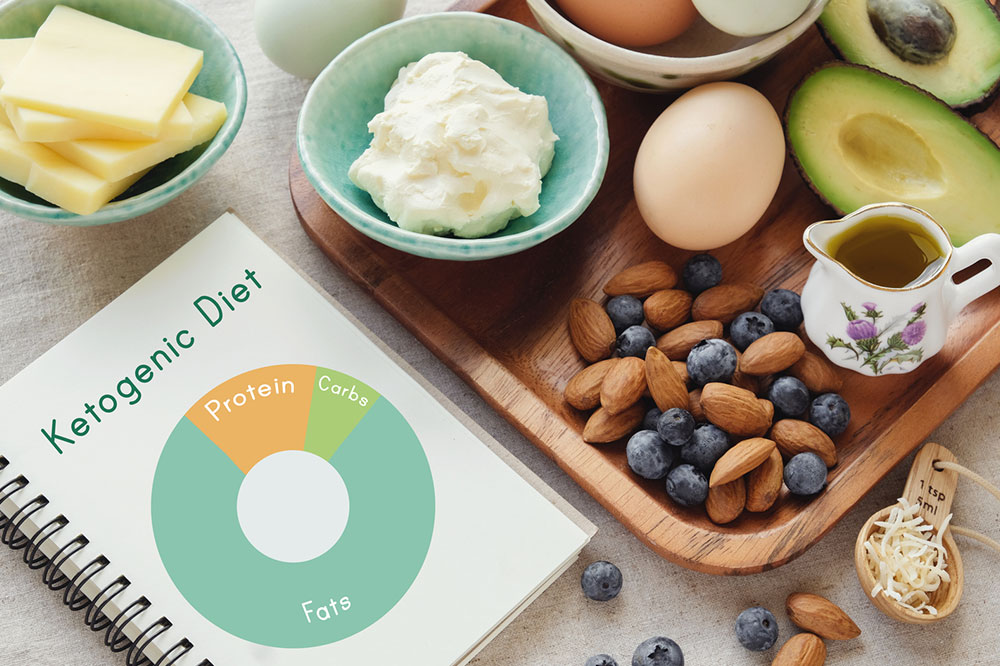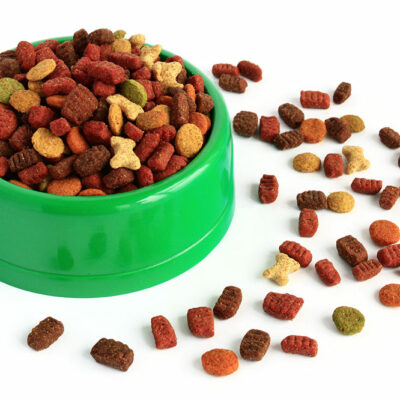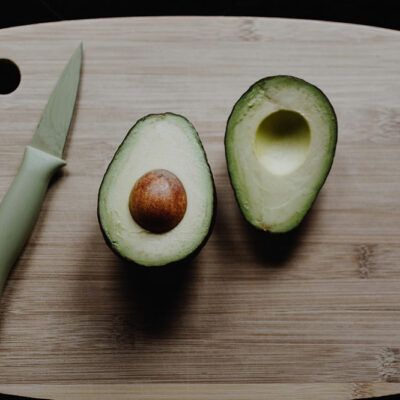
5 Simple Tips for Keto Beginners
A keto diet primarily encourages the consumption of low-carb and high-fat foods. The diet triggers ketosis (a metabolic state) in the body, making it burn fat for energy instead of carbohydrates. This diet is recommended for people trying to lose weight and manage blood sugar levels by making dietary changes. You must consider a few dos and don’ts of dieting if you’re planning to start a keto regime. Here’s what you must know:
1. Meats and seafood
A keto diet focuses on fat consumption over proteins, but that does not necessarily mean you eliminate meat from your diet. Instead, consume a favorable quantity and selection of unprocessed, low-carb, organic meats. Lean beef cuts, chicken, lamb, and pork are good choices for daily consumption, but it’s best to steer clear of processed meats like sausages, store-bought cold cuts, and meatballs made of ground beef. Fish meat sourced from crabs, lobsters, mussels, scallops, and shrimp is also recommended, and fatty fish like salmon, herring, mackerel, and sardines are other beneficial low-carb protein sources.
2. Fruits and vegetables
A keto diet is designed to trick the body to source its energy from fats instead of carbohydrates, so avoid starchy root vegetables. You can substitute these veggies with lettuce, collard greens, kale, spinach, asparagus, avocados, and celery. Some keto diets also encourage the consumption of broccoli, Brussels sprouts, green beans, and peas. As for fruits, you should avoid bananas, mangoes, cherries, and grapes as they are rich in fructose and natural carbohydrates.
3. Healthy fats
Nuts are an excellent source of healthy fats. Ensure that you get your daily serving of low-carb pecans, Brazil nuts, hazelnuts, Macadamia nuts, walnuts, almonds, pine nuts, and peanuts. Avoid adding too many cashews and pistachios, as they are rich in carbs. Snacking on a bowl of assorted nuts will provide the body with enough fats to burn off for energy once you have achieved your target weight. You can cook your meals with coconut or olive oil and include eggs, butter, high-fat soft cheese, and heavy cream in daily cooking. That said, you must supplement the diet with a healthy physical routine to burn off the fats and calories, and it’s also important to keep in mind that excess fats may take more time to burn off.
4. Hydration
You must drink plenty of water for two key reasons: it helps flush out toxins and improves the circulation of nutrients throughout the body. Hydration is important on a daily basis, irrespective of the diet you plan to follow, be it for weight gain or loss.
5. Dos and don’ts for keto shopping
Switch to whole foods for a more balanced diet, and calculate the net carbs in your produce by checking the serving size and the carbs per serving. You can then subtract the dietary fiber from the total carbs to keep track of your carb and calorie intake. Also, avoid canned goods and products that boast healthy fats but are also loaded with additives and preservatives.


